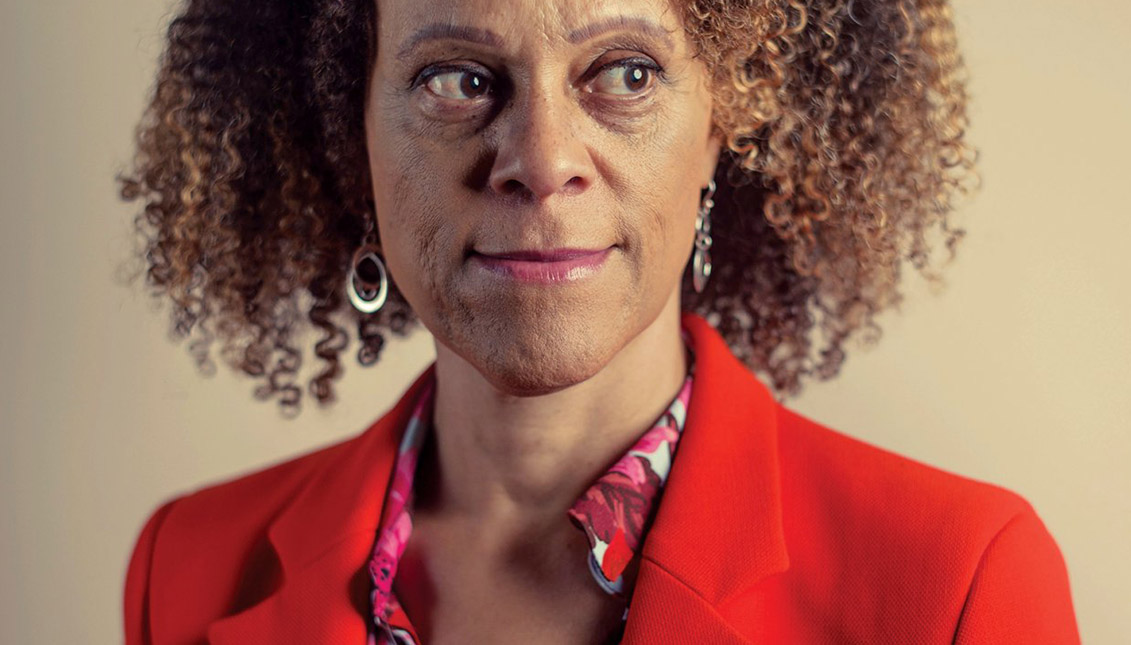
Bernardine Evaristo: Blowing up the clichés about racism
The author of Girl, Woman, Other was the first black writer to win the Man Booker Prize.
"It's not all about race," Anglo-Nigerian writer Bernardine Evaristo told Spanish journalist Leticia Blanco. Evaristo was the first black writer to win the prestigious Man Booker Prize, which she shared with the Canadian Margaret Atwood, and she did so with a novel in which the author and activist dismantles all the stereotypes and commonplaces related to racism.
This is a sensitive issue, especially at a time when half the world has taken to the streets in the midst of a pandemic to protest the treatment of people of color in the United States.
"Is a rich black princess who goes to Eton more oppressed than a non-binary white person who lives in poverty and is marginalized? Little by little we are beginning to become aware of what intersectionality is," she reflected.
Bernardine Evaristo says this with the authority given to her by years of militancy and being one of the great storytellers of the African diaspora.
Her award-winning work, Girl, Woman, Other, addresses the complex existence and obstacles faced by 12 women — from an elderly immigrant living in England to a lesbian activist facing a major career shift, to a teenage mother working in a supermarket.
All of them face discrimination on three fronts: class, race and gender. All are things that intersectional feminism has been claiming for years as inseparable aspects.
"We have to find new ways of talking about discrimination, more complex ways," said Evaristo. However, in a world where information travels so fast, is it possible to address this struggle in depth?
RELATED CONTENT
"I spend a lot of time on social media because they are so important for young people and marginalized communities. But we need more sophisticated arguments than Twitter allows, which leads to an oversimplification of ideas. It's not healthy for anyone's intellectual life," she added.
Daughter of migrants, when Bernardine Evaristo's father arrived in England in the early 1950s, he had great difficulty finding work and accommodation.
"There were no novels about racism and he was attacked and insulted in the street," she said.
She has a healthy nonconformity, and argues that we do move forward. That this era is by far better than the one our parents lived through.
"What we have now is not a utopia, but people of color have gained access at all levels, even in government," she concluded.
Girl, Woman, Other are not stories of martyrs demanding justice. They are x-rays of a country, England, that continues to function as most do, with hidden prejudices and hierarchies so marked that they can only be overcome by stepping out of the victim's shoes and becoming change makers.











LEAVE A COMMENT:
Join the discussion! Leave a comment.